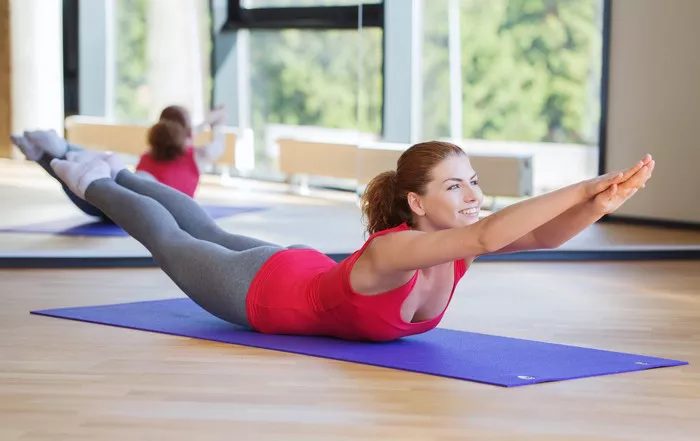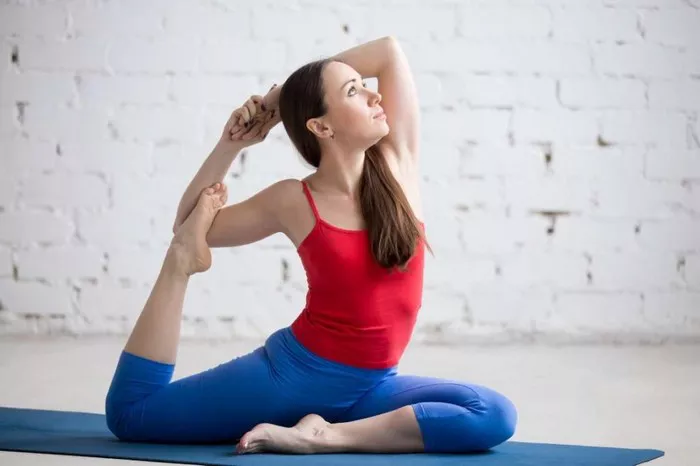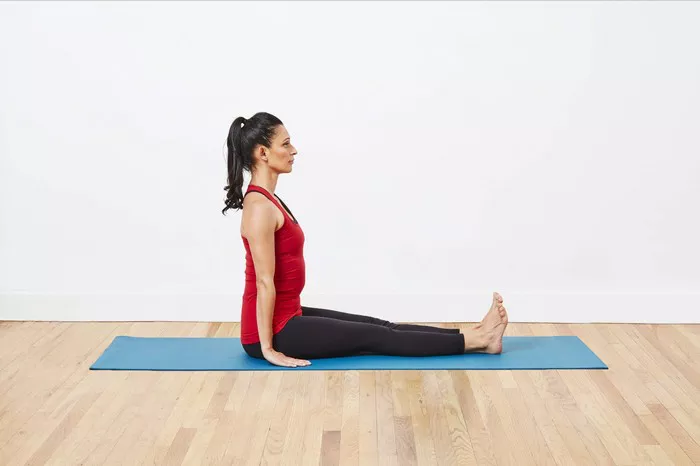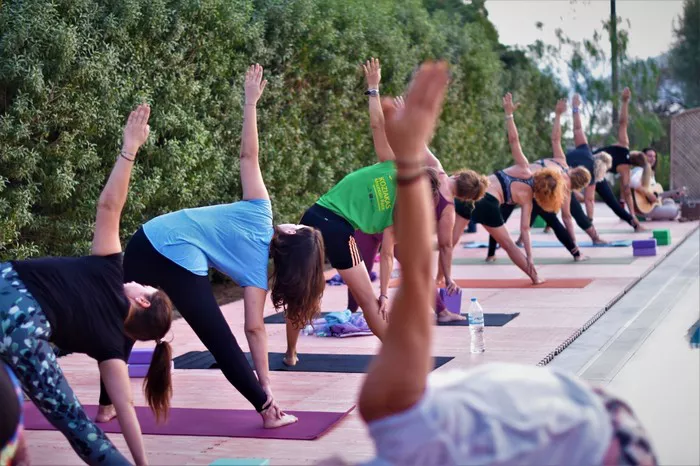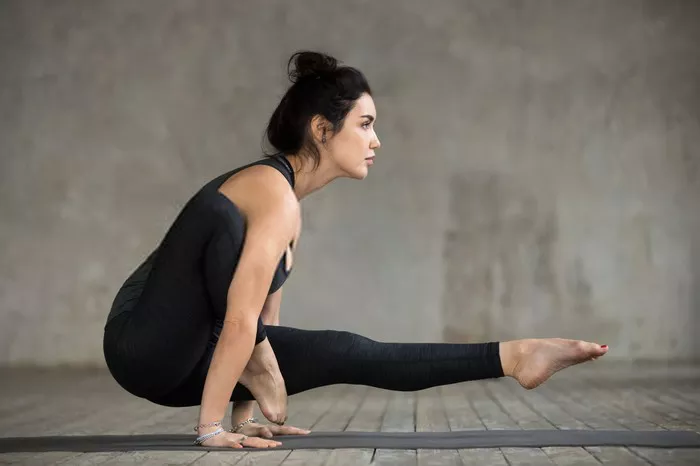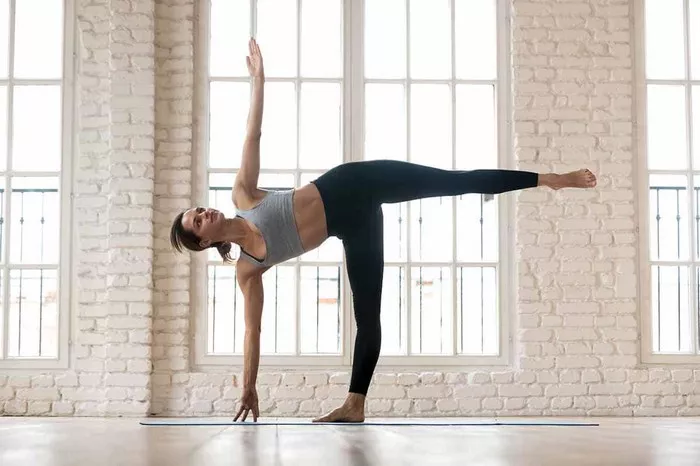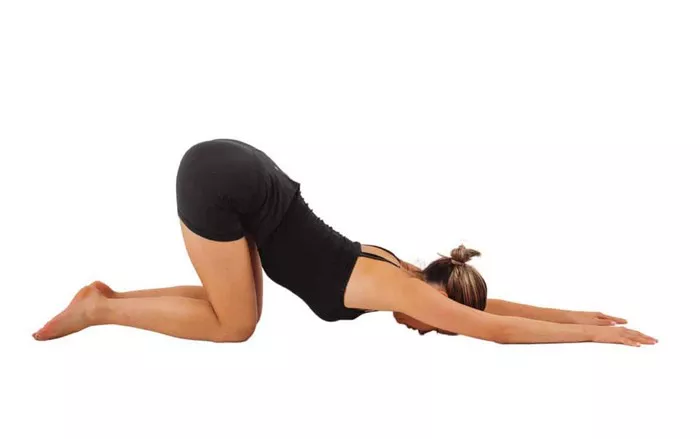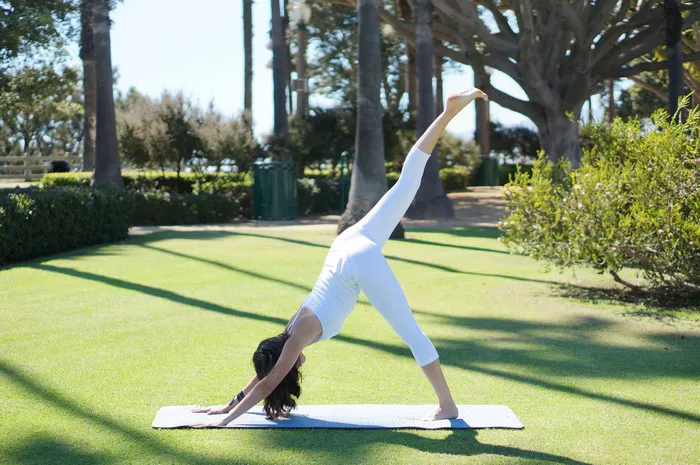Yoga, a practice with roots tracing back over 5,000 years, has evolved into one of the world’s most popular wellness practices. Today, millions turn to yoga not only for physical fitness but also for mental clarity, emotional stability, and spiritual fulfillment. Yoga is unique in its holistic approach, engaging the body, mind, and spirit in ways that are deeply healing and restorative. Practicing yoga every day can enhance our lives on multiple levels, from boosting flexibility to increasing mental resilience.
In this article, we’ll explore the various benefits of doing yoga daily, understanding how this ancient discipline can transform our well-being.
1. Physical Benefits
Yoga is often associated with increased flexibility, but it offers a wide range of physical benefits beyond just making the body more limber.
Improved Flexibility and Mobility
Daily yoga practice gradually enhances flexibility and mobility. Through poses like Downward Dog, Pigeon Pose, and various forward folds, muscles are stretched and lengthened. Improved flexibility isn’t just about being able to bend and stretch more; it can reduce joint stiffness, lower the risk of injury, and make daily activities easier. Consistent stretching helps loosen up muscles, gradually increasing the range of motion over time.
Enhanced Strength and Muscle Tone
Yoga is a powerful strength-building practice. Poses like Plank, Warrior, and Chair Pose require the engagement of various muscle groups, strengthening the body holistically. Building strength through yoga supports overall physical endurance and can help in toning the body. Unlike traditional weight training, yoga utilizes body weight for resistance, leading to leaner, more balanced muscle growth.
Better Posture
Good posture is essential for preventing pain and maintaining musculoskeletal health. With many of us spending hours sitting, often with poor posture, yoga can help realign and strengthen the spine. Poses such as Mountain Pose and Tree Pose emphasize alignment and balance, helping us develop awareness of our posture and build the core strength necessary to maintain it.
Enhanced Balance and Coordination
Yoga emphasizes balance and coordination, two key components for overall physical health. Standing on one leg in Tree Pose or shifting from Plank to Side Plank demands focus and coordination. Improved balance also supports physical activities beyond yoga, making us less prone to accidents and falls, particularly as we age.
Increased Cardiovascular Health
Certain yoga styles, like Vinyasa and Ashtanga, provide a more intense workout, increasing the heart rate and supporting cardiovascular health. Even gentler forms, such as Hatha or Yin Yoga, help relax blood vessels, improve circulation, and reduce blood pressure. Daily practice can also lower stress, which is a known contributor to heart disease, thereby indirectly benefiting cardiovascular health.
Enhanced Digestion and Metabolism
Specific yoga poses, like twists and forward bends, gently compress and massage the abdominal organs, promoting better digestion and reducing bloating or constipation. Yoga also helps balance the endocrine system, potentially regulating metabolism. A well-functioning digestive system plays a crucial role in maintaining energy levels, mental clarity, and physical health.
2. Mental Health Benefits
Mental clarity and emotional stability are among the most sought-after benefits of a daily yoga practice. Practicing yoga regularly can lead to profound mental benefits, significantly impacting one’s quality of life.
Stress Reduction and Relaxation
One of the most celebrated benefits of yoga is its capacity to reduce stress. The practice’s emphasis on deep breathing and mindfulness calms the nervous system and activates the body’s relaxation response. As stress levels decrease, cortisol (the stress hormone) levels are reduced, which can improve sleep quality, reduce anxiety, and prevent a host of stress-related health issues.
Improved Focus and Concentration
Yoga demands attention to the present moment and encourages practitioners to focus on each movement, breath, and posture. This concentration translates to improved mental clarity, focus, and cognitive function off the mat as well. Studies have shown that yoga can enhance executive functions and memory, making it easier to handle daily tasks and work demands with greater efficiency.
Increased Mindfulness and Awareness
Mindfulness is a core component of yoga. Through poses, breathwork, and meditation, yoga encourages us to be fully present in each moment. This mindfulness extends beyond the mat, helping practitioners cultivate a heightened awareness of their thoughts, emotions, and behaviors. Daily yoga fosters a gentle observation of self, reducing reactivity and promoting a balanced response to life’s challenges.
Enhanced Emotional Resilience
Life’s inevitable ups and downs become easier to handle with regular yoga practice. Yoga fosters emotional resilience by creating a space to observe emotions without judgment. Practices like meditation and breathwork help individuals manage anxiety and depression, as they provide tools for self-regulation and emotional grounding. This resilience is essential for facing life’s challenges with calm and confidence.
3. Spiritual and Emotional Growth
Yoga is a deeply spiritual practice for many, encouraging connection with one’s higher self and the world.
Deepened Self-Connection and Awareness
Daily yoga encourages self-exploration, helping practitioners build a relationship with themselves. This practice of self-awareness often leads to increased confidence, better decision-making, and a greater understanding of one’s own needs and desires. It can even lead to self-acceptance and self-compassion, fostering a positive relationship with oneself.
Development of Compassion and Empathy
Yoga often teaches kindness, patience, and acceptance, not only toward oneself but also toward others. Practicing regularly can open the heart to greater compassion and empathy. The practice encourages a sense of community and interconnectedness, whether in a studio class or through personal practice.
Enhanced Connection to Spirituality
While yoga is not a religion, it is inherently a spiritual practice. It encourages individuals to explore their spiritual beliefs and find meaning and purpose in their lives. Regular practice can lead to a sense of peace, fulfillment, and contentment, as it opens up space for reflection, introspection, and spiritual growth.
4. Other Lifestyle and Long-Term Health Benefits
Practicing yoga daily not only enhances physical and mental well-being but can also bring about lasting, positive lifestyle changes that benefit overall health.
Better Sleep Quality
Studies show that yoga can significantly improve sleep quality. Restorative poses, breathwork, and meditation practices before bed are particularly effective at calming the mind and preparing the body for restful sleep. Improved sleep quality impacts nearly every aspect of health, from immunity to emotional balance to cognitive function.
Boosted Immune System
Yoga enhances immune function by reducing inflammation and stress. Chronic stress can weaken the immune system, making the body more susceptible to illness. Daily practice activates the parasympathetic nervous system, allowing the body to relax, recover, and strengthen its defenses against illness.
Healthier Eating Habits
Practicing yoga encourages mindfulness in all areas of life, including eating habits. As people become more attuned to their body’s needs, they often develop healthier eating habits, opting for more nutritious and wholesome foods. The physical and mental discipline gained from yoga can translate into better food choices, portion control, and an increased awareness of how certain foods impact the body and mind.
Enhanced Longevity and Aging
Daily yoga practice has been associated with longevity and healthier aging. Yoga supports mobility, balance, and flexibility, all crucial for maintaining independence as we age. It also helps preserve cognitive function, protect against age-related diseases, and support emotional well-being. Regular practice fosters a youthful, positive outlook on life, which is essential for aging gracefully.
5. Types of Yoga for Everyday Practice
The diversity of yoga styles allows practitioners to select routines that align with their goals, preferences, and physical needs.
Hatha Yoga
Hatha Yoga is gentle and accessible, focusing on basic postures, breathing exercises, and relaxation techniques. It’s an ideal choice for beginners or those looking to focus on alignment and build foundational strength and flexibility.
Vinyasa Yoga
Vinyasa involves flowing movements that synchronize breath with motion. It’s a more dynamic style of yoga, offering cardiovascular benefits and improving strength and flexibility. Vinyasa is ideal for those who prefer a more active and energetic practice.
Yin Yoga
Yin Yoga is a slow, meditative practice that targets the deeper connective tissues. Poses are held for extended periods, allowing for deep release and relaxation. This style is particularly beneficial for stress relief and improving flexibility.
Ashtanga Yoga
Ashtanga is a structured, challenging style that involves a specific sequence of poses. It’s beneficial for building strength, stamina, and discipline. Ashtanga is ideal for those who enjoy a structured, rigorous practice.
Restorative Yoga
Restorative Yoga is a deeply relaxing practice focused on gentle poses, often supported by props. It’s designed to release tension, relieve stress, and promote deep relaxation. Restorative Yoga is perfect for winding down after a long day.
6. Tips for Building a Daily Yoga Practice
Starting a daily yoga practice can be intimidating, but by taking small, consistent steps, anyone can make it a sustainable part of their life.
Start Small: Even ten minutes a day can have significant benefits. Begin with a few poses or a short meditation and gradually increase the duration as you feel more comfortable.
Set Realistic Goals: Aim to be consistent rather than perfect. Acknowledge that some days might be more challenging, and focus on doing what you can without judgment.
Create a Dedicated Space: Designate a quiet space in your home where you can practice without distractions. This space doesn’t need to be large or elaborate; it just needs to be somewhere you feel calm and focused.
Choose the Right Style: Pick a yoga style that aligns with your energy level and goals for the day. Some days might call for an energetic Vinyasa flow, while others might benefit from calming Yin or Restorative Yoga.
Stay Patient and Compassionate: Progress in yoga comes with time, dedication, and compassion for oneself. Celebrate small victories and avoid comparing your practice to others.
Conclusion
The benefits of practicing yoga every day are numerous and far-reaching. Whether you’re seeking improved physical health, mental clarity, or emotional resilience, a consistent yoga practice can help you achieve a balanced, more fulfilling life. Yoga isn’t just a workout; it’s a transformative journey that nurtures the body, mind, and spirit. By committing to daily practice, you are investing in your long-term health and well-being, creating a foundation of peace and strength that will last a lifetime.
Related Topics:






